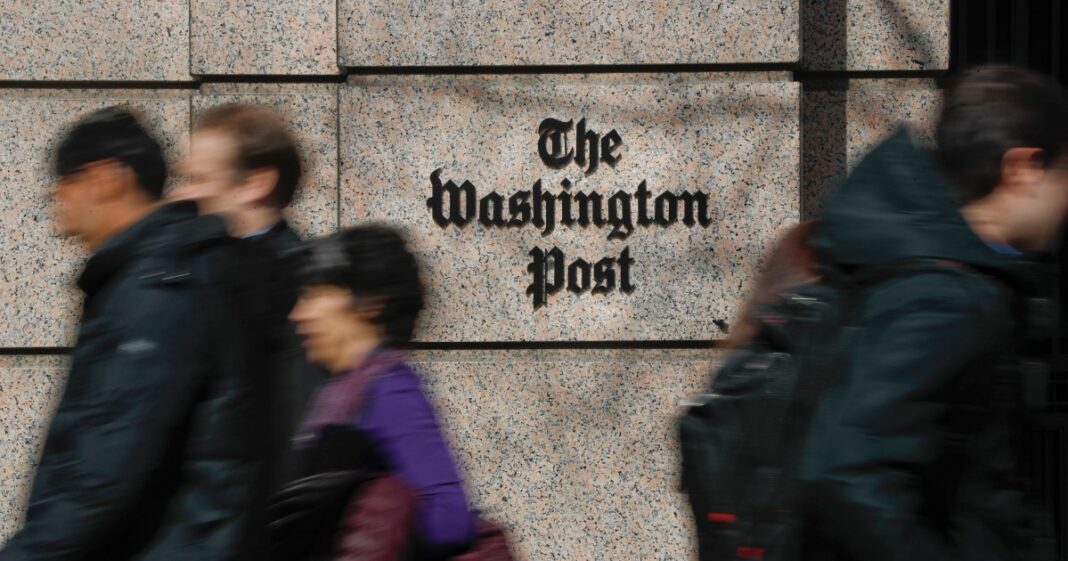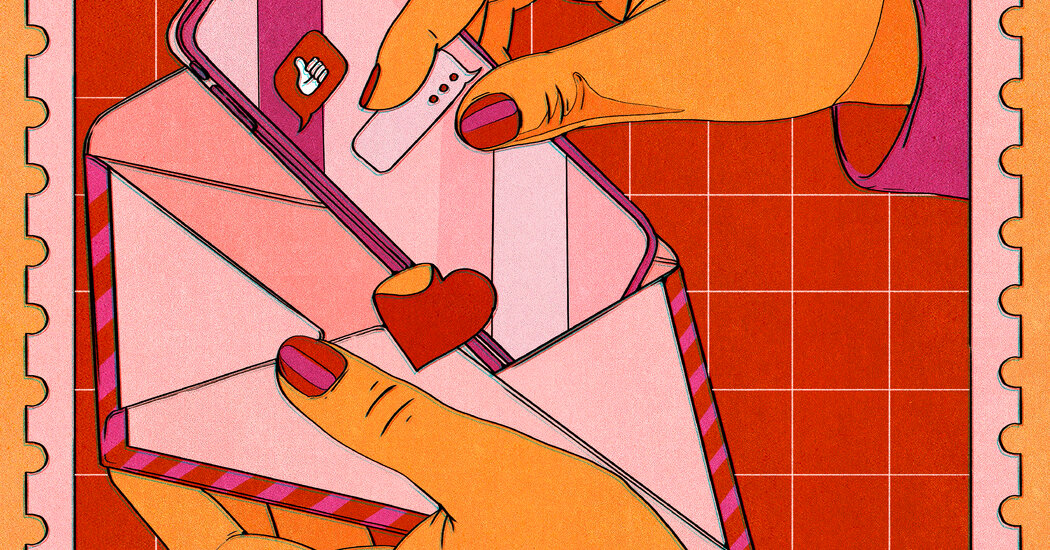On February 14, US Vice President JD Vance caused a stir at the Munich Security Conference when he decided to accuse America’s European allies of practising censorship. Outraged Europeans hit back, pointing at the track record of Vance’s boss, President Donald Trump, in attacking and eroding democracy in the United States.
To many of us, proponents of freedom of expression outside the West, this exchange was rather amusing. For so long, the West has lectured us on freedoms and criticised us for being unable to achieve them.
Last month, we marked 10 years since the brutal attack on the office of French satirical magazine, Charlie Hebdo and the subsequent march by Western political and economic leaders in Paris in support of cartoonists, journalism, and “the right to offend”, urging the world to be able to “take a joke and laugh at itself”. Freedom of expression is the highest value of Western civilisation, we were told.
It is quite ironic to see a decade later, the political and economic elites of these same Western countries trade accusations of censorship, while in the background actively working to suppress or distort freedom of expression.
Meanwhile, a majority in Western societies remain stubbornly in denial that this is happening at a systemic level and are convinced that only this party or that party is an exception to the democratic rule. They still seem to believe that censorship and repression are, and have always been, Global South problems.
Living in the West for nearly a decade, I have grown used to the wide-eyed reactions when I mention my profession. “A Sudanese political cartoonist? That must be dangerous,” they say, as if freedom of expression is an exclusively Western ideal. And yes, being a cartoonist in some parts of the Global South can be dangerous, and the consequences of crossing red lines can be brutal. Western media like to point that out and show concern.
For example, in 2015, when cartoonist Atena Farghadani was sentenced to years in prison in Iran for depicting parliamentarians as animals, her story immediately made headlines. Tehran was widely condemned for not being able to “take a joke”.
There was also much Western solidarity with Ali Farzat, a prominent Syrian cartoonist, who was kidnapped and his hands broken in 2011 for drawing a cartoon of Syrian President Bashar al-Assad. A few years later, news of the death of cartoonist Akram Raslan under torture in al-Assad’s jails also sparked an outpouring of empathy.
But the Western voices of support and condemnation are quieter when it comes to “friendlier regimes”. Egyptian cartoonist Ashraf Omar has been under arrest for six months now, with hardly anyone in the West paying attention. And of course, when it comes to Palestinian artists, there tends to be total silence. In October, an Israeli bomb killed Mahassen al-Khateeb in Jabalia camp in Gaza; her last illustration was of Shaban Al-Dalou burning alive in the courtyard of Al-Aqsa Hospital. There was no Western condemnation of her death, or of Israel’s killing of more than 200 Palestinian journalists in Gaza.
As the prominent Palestinian American intellectual Edward Said reminds us, the West likes to imagine the East (and other places of the world) in ways that satisfy its own civilisational ego.
“How can one today speak of ‘Western civilization’ except as in large measure an ideological fiction, implying a sort of detached superiority for a handful of values and ideas, none of which has much meaning outside the history of conquest, immigration, travel, and the mingling of peoples that gave the Western nations their present mixed identities?”, he wrote in his famous book Orientalism.
Indeed, censorship in the West is no less real than in the Global South; it’s simply more palatable. It is true that cartoonists in the Global South have to navigate clear red lines – lines we know and learn to work around or leave behind.
But what I struggle to get my Western peers to understand is that the West also has red lines. They just find them hard to see. As a Sudanese proverb goes: “The camel can’t see the curve of its neck”.
Still, there are some red lines in the West that are quite clear cut; they are just not called that. For example, in 2019, a syndicated cartoon published by The New York Times depicting Israeli Prime Minister Benjamin Netanyahu as a dog leading a blind Trump was swiftly taken down after it was slammed as anti-Semitic. In the following months, the newspaper decided to stop publishing political cartoons altogether.
In 2023, veteran cartoonist Steve Bell was dismissed from The Guardian also for drawing a cartoon of Netanyahu that was alleged to be anti-Semitic; the newspaper did not reverse its decision even after the Israeli Cartoon Association condemned his firing.
There are other red lines finely disguised as “corporate interests”, “editorial standards”, or “public sentiment”.
In 2018, Israeli cartoonist Avi Katz was informed by the Jerusalem Report, for which he had been freelancing since 1990, that he would be no longer be published because of a cartoon he posted on social media of far-right members of the Knesset depicted as pigs. The official statement by the magazine attributed the decision to “editorial considerations”.
More recently, on January 4, Ann Telnaes, a long-term cartoonist for The Washington Post, announced her decision to quit her job after one of her cartoons, which criticised the Post’s owner, Jeff Bezos, and his fellow Tech Bros, for their surrender to Trump, was rejected. She wrote in a short article published on Substack that this was the first time a cartoon of hers was not accepted “because of the point of view inherent in the cartoon’s commentary”.
These are just a few examples illustrating the red lines of Western societies. True, the consequences for daring to cross a red line with your pen is not prison or death, as can be in other places, but ultimately, the result is the same: cartoonists are silenced.
What we are seeing today will likely only grow worse as billionaires buy up more media outlets and publishing platforms where they get to decide who gets published based on their economic interests and political expediency. The freedom to express, to dissent, and to hold power accountable is no longer celebrated by Western elites; it’s being managed.
Currently, the brunt of censorship and violent repression in the West is being borne by Palestinians and their allies. Pro-Palestinian protesters have been brutally beaten up, arrested and charged with criminal or even terror offences across Western countries. One would be naive to believe that such vicious oppression and violation of the extolled “Western values” of freedom of assembly and freedom of speech, would stop at the pro-Palestinian movement.
For cartoonists like me from the Global South, freedom of expression isn’t just a lofty ideal – it’s a daily struggle that we have sacrificed a lot for. My hope is that my peers in the West and their audiences will stop taking that freedom for granted and become aware of the violent suppression beginning to rear its head in their societies as well.
It is time to end delusion and denial, and take action.
The views expressed in this article are the author’s own and do not necessarily reflect Al Jazeera’s editorial stance.


